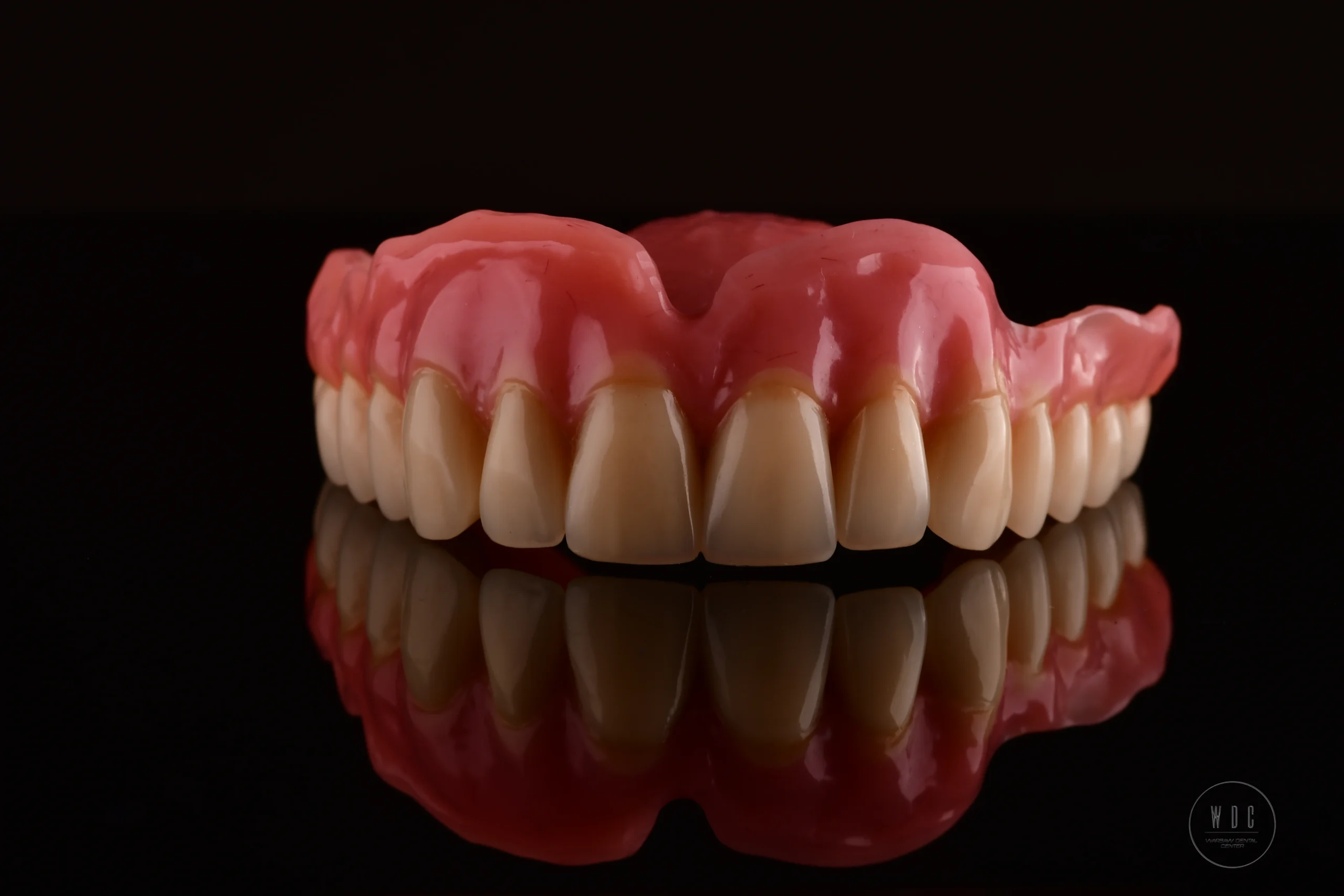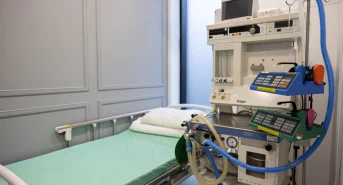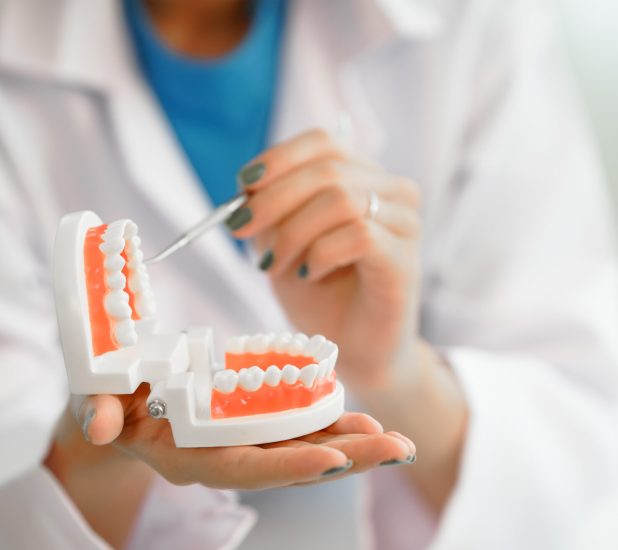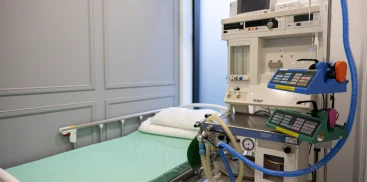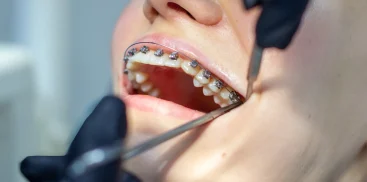A prosthesis is one of the most commonly used methods to restore a cosmetic smile for individuals who have lost their teeth due to various reasons. Unfortunately, many people with allergies cannot use them because prostheses are often made with metals that can trigger allergic reactions. What types of prostheses available on the market can be used by people with allergies? How do you recognize an allergy to a prosthesis?
How to Recognize a Prosthesis Allergy?
An allergy to a prosthesis is typically a contact allergy, which occurs when the allergenic material comes into contact with the body. It often manifests as redness or swelling in areas of the oral cavity where the prosthesis touches the mucous membrane. Patients may also experience itching or burning in the mouth. If such symptoms or other concerning signs are noticed, it is important to consult a doctor promptly.
Suitable Prosthesis for Allergics
While many prostheses contain metal elements, there are also options available on the market that do not. One such solution is acrylic prostheses, which not only do not cause allergies but also boast flexibility and durability. They are suitable even for individuals who no longer have their natural teeth.
Allergics may also consider acetal and nylon prostheses, although these are typically used for individuals who still have some of their own teeth. If in doubt, consulting with a prosthetist is advisable.
Choosing the right prosthesis is crucial for comfort and oral health, especially for individuals with allergies. Thanks to safe options available on the market, even those with allergies can enjoy a beautiful smile.
